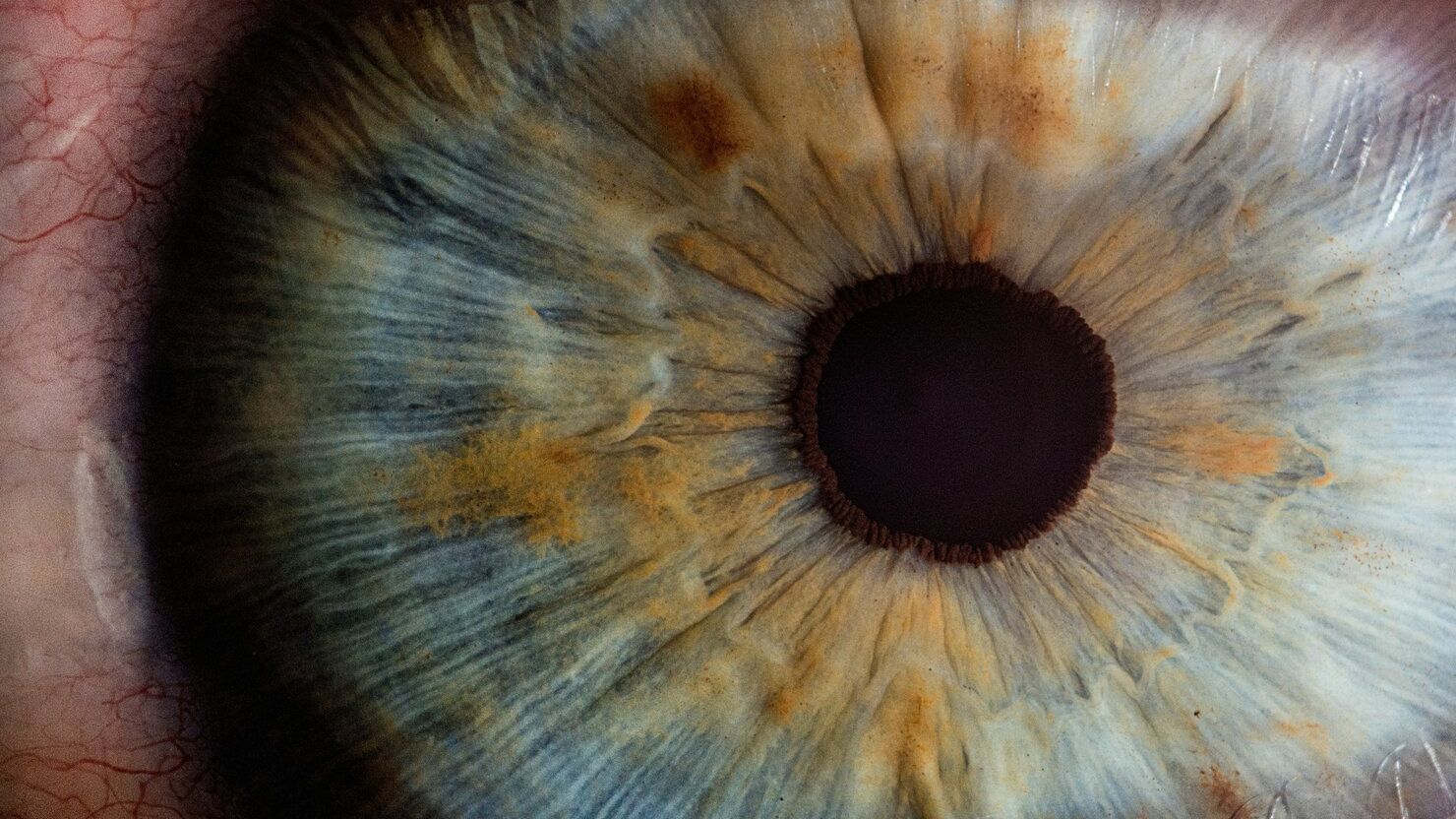Disabling or Empowering: Personal Realities and Shortcuts
Apr 21, 2025
Our lives are shaped by our self-narratives. These narratives are not the mere recordings of events; they are the interpretations and meanings we assign to our experiences.
This blog post explores how our own narratives, which are influenced by our memories, cognitive biases, and subconscious beliefs, can either empower us or limit our ability to reach our highest possibilities.
Memory: More Than Just Facts
- Interpreted Memories: Our memories are not static facts; they are interpretations shaped by our personal experiences and beliefs.
- Evolving Recollections: Each time we recall a memory, it changes slightly, influenced by our current perspective and the manner in which we share it.
Cognitive Biases: The Brain's Shortcuts
- Simplifying Complexity: It is important for us to realize that our brains are always trying to reduce the amount of information we must process due to the daily onslaught of data coming our way. As a result, our brains are interpreting the data with only part of the perceived information and jumping to conclusions about what things mean. We call those conclusions biases.
- Shared Biases: These biases are not just personal; they are often shared in social and cultural contexts, sometimes mistaken for facts.
The Concept of Biases and Blind Spots
- Visual and Mental Blind Spots: We all have a spot in the back of the eyeball that lacks receptors and thus can’t absorb the light going into the eye, creating a blind spot. We aren’t aware of our blind spot because our brains fill the blind spot in. Nevertheless, the blind spot in our visual perception of the world exists. Analogous to the physical blind spot in our vision, we have metaphorical blind spots in our perception, shaped by our unrecognized biases.
- Awareness as a Solution: Recognizing these blind spots is crucial to prevent them from distorting our reality.
Ownership and Awareness of Our Stories
- Creators of Narratives: Realizing that we are the authors of our stories helps us understand how they influence our thoughts, emotions, and behaviors.
- Transformative Intelligences: Developing our spiritual intelligence can transform our thinking, creating an environment where our biases can be challenged.
Challenging Biases and Rewriting Narratives
- Transformative Rewriting: Altering our beliefs and perspectives can change our self-narratives, especially those that limit or negatively impact us.
- Neuroplasticity and Change: By developing our sensitivity to the pure intelligence that is expressed through our conscience, we are able to change our thoughts. As our thoughts change, we physically alter our brain's structure and functionality, leading to a new mindset.
Practical Reflection: Understanding Our Daily Experiences
- Reflective Exercise: Take a moment to reflect on a specific event from your day. Separate the factual occurrences from the meanings you assigned to them.
- Analysis of Meanings: Investigate where these assigned meanings originate. Do they stem from past experiences, or are they influenced by biases?
- Expanding Awareness: Regularly observing and questioning your interpretation process can be enlightening, helping you author your story with greater intention.
The Journey to Empowerment
Developing a keen awareness of how we interpret our experiences is a journey towards empowerment. It enables us to see more clearly, understand more deeply, and respond more effectively.
As we develop an awareness of and feel the power of pure intelligence expressed through our conscience, we can better distinguish between facts and the meanings we attach to them. We can become more effective in rewriting our self-narratives to be empowering rather than limiting.
Reflect on your daily experiences and challenge the meanings you've attached to them. Explore other interpretations to enhance your understanding and response.
Share your journey and insights with us – how is this shift in perspective impacting your life?
Thoughts to Live By
Your life is a story being written in every moment—not by fate, but by interpretation. The events may be unchangeable, but the meaning you give them determines whether they bind you or set you free.
Each time you recall a memory, ask yourself: Is this how it happened—or how I’ve learned to see it? This question alone can open a doorway to deeper awareness.
Your conscience, as the expression of pure intelligence, is always inviting you to revise—to see with clearer eyes and a freer heart. By choosing truth over assumption and awareness over autopilot, you become the conscious author of your life’s unfolding.
To explore how self-perception and spiritual awareness shape identity and transformation, visit The Power of Your Story, a course that helps to bridge awareness, neuroscience, and spiritual growth.

